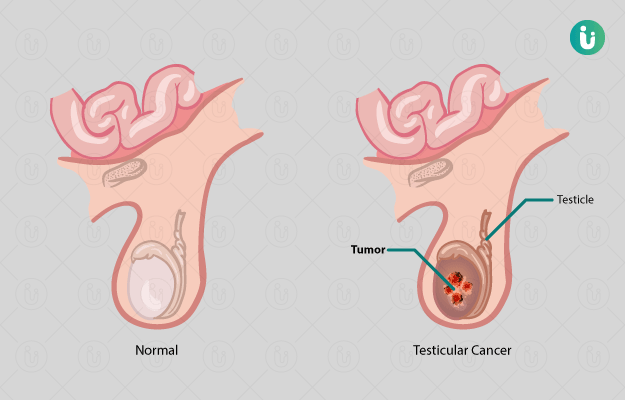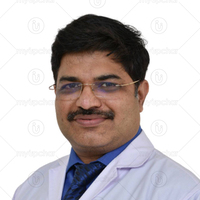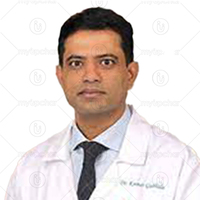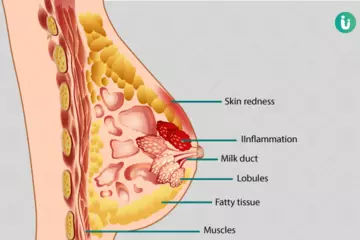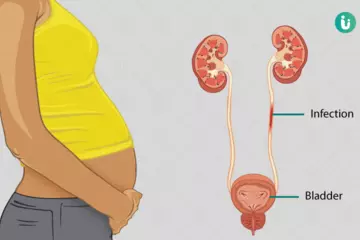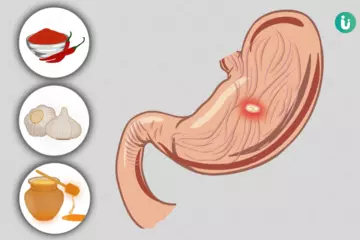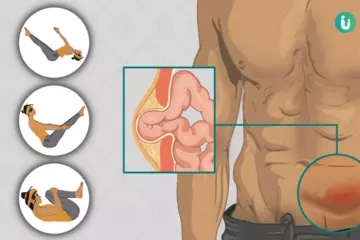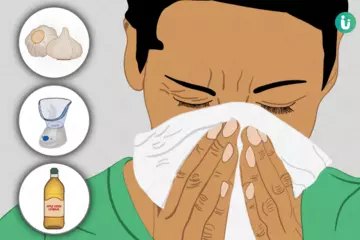What is testicular cancer?
The testes (testicles) are the reproductive organs of males, which produce sperms and secrete the hormone testosterone. Testicular cancer is a rare type of cancer and mainly affects males in the age group of 15-45 years. It presents as a painless lump in the scrotal area. The type of cancer is treatable with a high success rate.
What are its main signs and symptoms?
Signs and symptoms of testicular cancer are due to pressure changes and swelling that occurs in the scrotal area as well as due to overproduction of testosterone hormone. These symptoms include:
- Lump or swelling of either/both of the testicles
- Sensation of heaviness in the scrotum
- Collection of fluid in the scrotal region
- Discomfort or pain in the scrotum
- Dull pain in the pelvic region
- Lower back pain
- Breast tenderness or enlargement
What are the main causes?
The exact cause of testicular cancer is unclear, but there are several predisposing or risk factors that can make a person prone to testicular cancer. These risk factors include:
- Abnormality in testicular development – Poor development or abnormal development of testes as seen in the genetic disorder called Klinefelter’s syndrome can cause testicular cancer.
- Undescended testis (cryptorchidism) – During the foetal life, testes descend from abdomen to the scrotal area, but in certain cases, this never happens, and the testes remain in the abdomen.
- Strong family history of cancer of the testis.
- Age – Age group of 15-45 is more prone for developing testicular cancer.
How is it diagnosed and treated?
A proper medical history, along with, physical examination can hint towards the diagnosis of testicular cancer, but certain investigations are mandatory to confirm the diagnosis and also for determining the treatment of the disease. These investigations include:
- Blood investigations – Tumour markers like alpha-fetoprotein, beta HCG and lactate dehydrogenase can help in diagnosing testicular cancer.
- Sonography – Ultrasound evaluation of the scrotal area helps in determining the extent of spread of cancer and also determines the type of the lump.
- CT scan – Usually helps in determining the extent of the spread of cancer.
- Histopathology – After removing the tumour lump, it is inspected under the microscope to evaluate the type of cancer.
Treatment protocols are purely dependent on the stage and type of cancer. Sometimes, overall health status and preferences of the patient also affect the choice of treatment modality. Treatment options include:
- Surgery (Orchidectomy) – Surgical removal of the affected testicle is the ideal treatment, along with, the removal of the affected lymph nodes (loco-regional nodes). This treatment usually clears cancer.
- Radiation therapy – High energy X-ray beams are used for destroying the cancer cells, but radiation therapy has several side effects and is useful in certain types of cancers only.
- Chemotherapy – Chemotherapy agents help in killing the cancer cells. It is often used after surgery for removal of residual cancer cells. It also has several side effects.

 Doctors for Testicular Cancer
Doctors for Testicular Cancer  OTC Medicines for Testicular Cancer
OTC Medicines for Testicular Cancer

